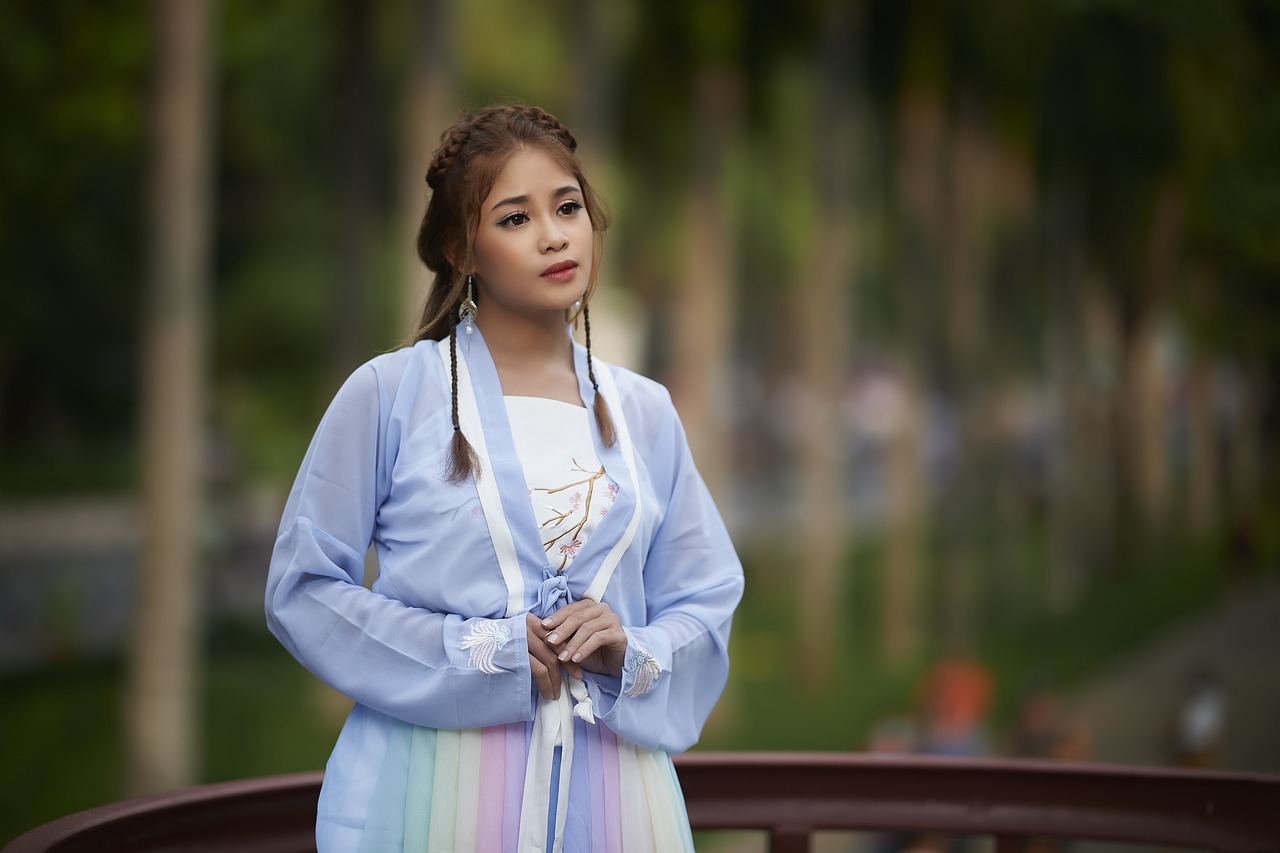Sustainable Fashion Brands: Ethical Clothing Options for Every Style
In recent years, ethical fashion brands have been gaining momentum in the industry. These brands are prioritizing environmental and social sustainability throughout all stages of production. By implementing transparent supply chains and ethical labor practices, they are setting a new standard for the fashion industry.
Consumers are becoming more conscious of the impact of their purchasing decisions, leading to a shift towards supporting ethical fashion brands. These brands are not only focused on creating stylish and high-quality clothing but also on making a positive impact on the planet and the people involved in the production process. With a growing demand for transparency and accountability, ethical fashion brands are paving the way for a more sustainable and responsible fashion industry.
Eco-Friendly Materials: Choosing Sustainable Fabrics
When it comes to selecting sustainable fabrics for fashion production, the choices made by brands have a significant impact on the environment. By opting for materials such as organic cotton, hemp, bamboo, or Tencel, fashion companies can reduce their carbon footprint and minimize pollution caused by the fashion industry. These eco-friendly fabrics are often produced using less water, energy, and harmful chemicals, making them a more environmentally responsible choice compared to traditional materials like conventional cotton or synthetic fabrics.
In addition to considering the environmental impact, choosing sustainable fabrics also benefits the well-being of workers along the supply chain. Many eco-friendly materials are sourced through fair trade practices, ensuring that the labor involved in cultivation, harvesting, and production is ethically conducted. By prioritizing sustainable fabrics produced under fair trade conditions, fashion brands can support the livelihoods of workers in developing countries and promote social responsibility within the industry.
Fair Trade Practices: Ensuring Workers’ Rights
Fair trade practices are vital in ensuring the well-being and rights of workers in the fashion industry. By adhering to fair trade standards, brands can guarantee that the individuals involved in the production process are treated ethically and receive fair compensation for their work. This approach helps to create a more sustainable and equitable supply chain, ultimately benefiting both the workers and the overall industry.
Through fair trade practices, workers are protected from exploitation and unsafe working conditions. By promoting transparency and accountability, brands can establish a system that values the dignity and rights of all individuals involved in the production of garments. This not only fosters a sense of social responsibility within the industry but also paves the way for a more ethical and humane approach to fashion production.





